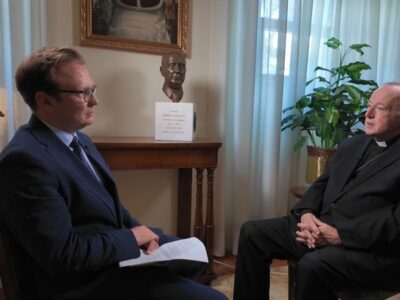
If there’s been one consistent thread since the beginning of Env-Econ.net, it’s our endearing commitment to helping you understand the incentives of gas taxes vs. mileage taxes.
Well, the debate is back in the news again as the governments debate ways to overcome…
…the myriad hurdles U.S. states face as they experiment with road usage charging programs aimed at one day replacing motor fuel taxes, which are generating less each year, in part due to fuel efficiency and the rise of electric cars.
So here’s a[n updated] view from the wayback machine at some of issues that arise from a mileage tax:
It’s been [over 16] years now (May 8, 2007) and people still aren’t listening to me.
Taxing miles creates perverse incentives for fuel efficiency. A $0.015/mile tax (the size of the tax mentioned in the article) is the equivalent of a $0.015 * X tax per gallon where X is mpg. In words, a mileage tax increases the tax per gallon the more fuel efficient the car. Now granted, with higher mpg you use fewer gallons to drive an equivalent number of miles, and in the end, everyone driving 100 miles will pay the same tax. And from a revenue perspective, that might be OK. But there might be a way to kill fewer birds with one stone.
As I have written a number of times, a more straightforward proposal is to simply raise the gas tax. Reaising the gas tax accomplishes a number of things 1) It raises revenue, 2) It discourages miles driven, and 3) It increases the incentive for higher fuel efficiency.
Because my previous posts on this have been written with an ironic twist (I propose a mileage tax that is inversely proportional to fuel efficiency and then show that such a tax is the equivalent of a $1/gallon gas tax), here’s the direct, non-ironic version: A $1/gallon gas tax…
…places a higher burden on those driving less fuel efficient vehicles–that should satisfy those blaming the SUV drivers for all of the problems*.
…places a higher burden on those driving more. By increasing the marginal cost per mile driven, total miles driven should decrease.
…assuming fuel efficiency and income are negatively correlated–that is, the rich tend to drive larger, more expensive, less fuel efficient cars–[higher gas taxes] place a higher burden on higher incomes.
…provides an incentive for drivers to switch to more fuel efficient vehicles.
It’s really simple. Why worry about complicated milage programs? The gas tax infrastructure is in place. Raise the gas tax and meet multiple public policy and economic goals simultaneously.








